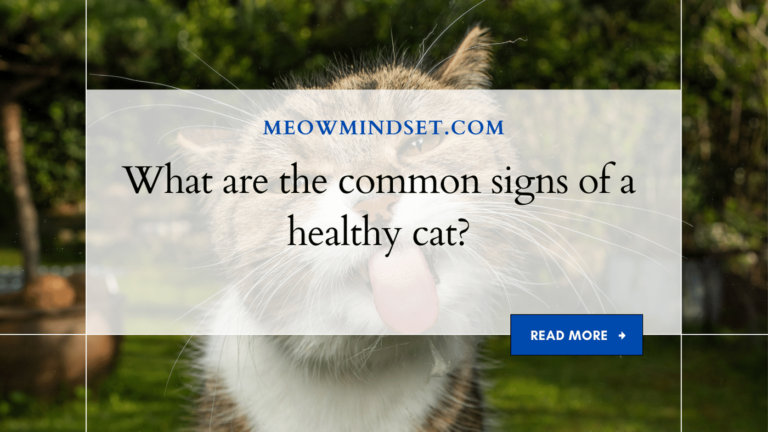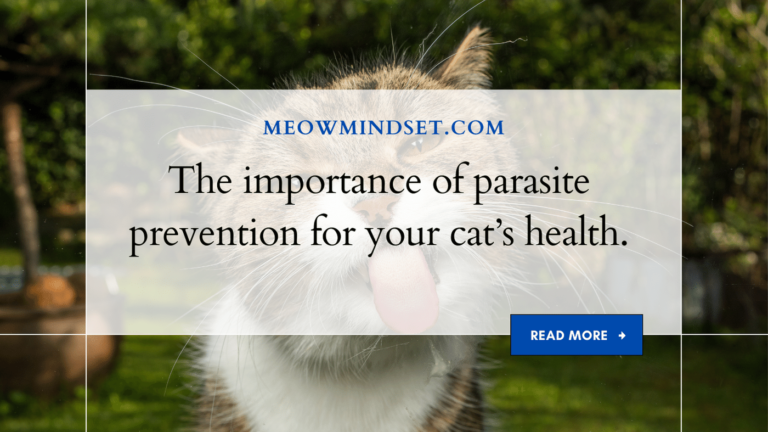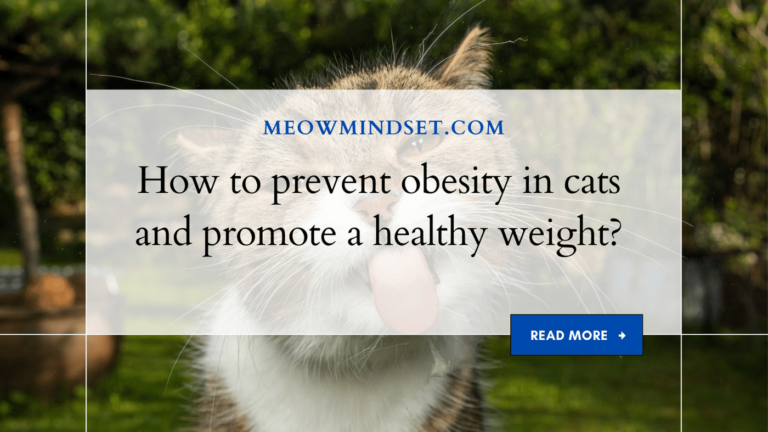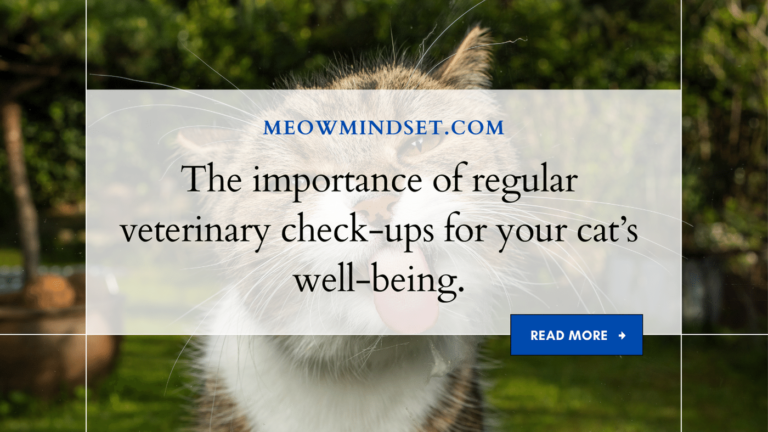What are the best diets for cats with specific health conditions?
Cats are undoubtedly our beloved fur-babies, and like any pet parent, we all want to make sure that our feline friends lead long and healthy lives. However, just like humans, cats can also suffer from various health conditions that may require specialized dietary needs.
From obesity to kidney issues and diabetes – knowing the best diets for your cat’s specific condition is crucial to ensure they receive the right nutrients while maintaining a balanced diet. So without further ado, let’s dive into exploring what are the best diets for cats with specific health conditions – because we all deserve happy and healthy kitties!
What are some common health conditions in cats?
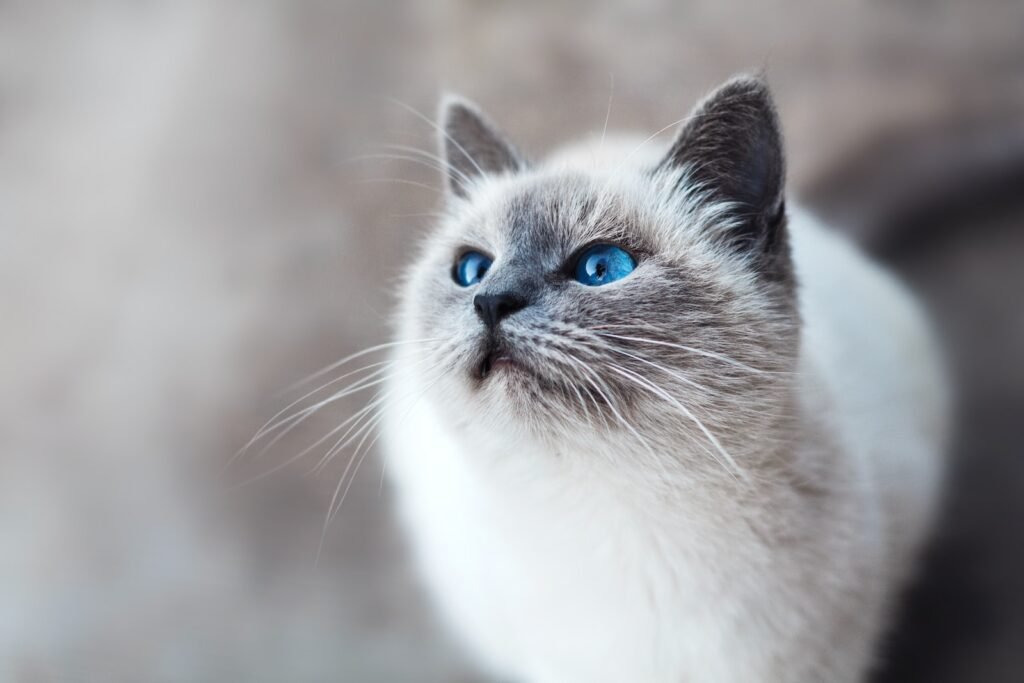
If your cat has diabetes, switching to a canned or raw diet may be best. Cats with chronic kidney disease or Feline Leukemia should avoid diets high in protein or meat. Kitties with obesity should try a low-calorie diet, while those suffering from thyroid dysfunction should follow a grain-free diet. Cats with asthma may benefit from dietary restrictions on certain substances, like soy and wheat products.
What are the options for controlling these conditions with diet?
One option for controlling these conditions with diet is to feed your cat a diet that features lean protein, healthy fat, and fiber. These dietary changes can help to improve overall Cat health and may help to reduce the frequency or severity of the affected symptoms.
Additional dietary changes may also be necessary in some cases, such as giving your cat specific vitamins and minerals or recommending a wet food diet. Be sure to consult with your veterinarian before making any dietary changes.
How do you pick the right diet for your cat?
There are 4 main types of diets for cats: dry, wet, semi-wet, and raw.
Dry food typically contains small pieces of animal protein that is low in moisture. This type of diet is best for cats who have less gastrointestinal problems and for those who do not exhibit any digestive issues.
Wet food contains a high moisture content, which helps to satisfy cats’ appetite and keep them hydrated. Wet foods should only be fed to cats with normal gastrointestinal function as they can be very messy to eat.
Semi-wet foods are a compromise between dry and wet foods. They are moist enough to satisfy a cat’s hunger but contain few pieces of meat. Semi-wet foods are the recommended food choice for cats with GERD or other gastrointestinal conditions.
Raw food is made up entirely of fresh ingredients that have not been cooked or processed in any way. This type of diet is not recommended for any pet as it can be dangerous and difficult to digest.
What should you avoid when feeding a cat a diet?
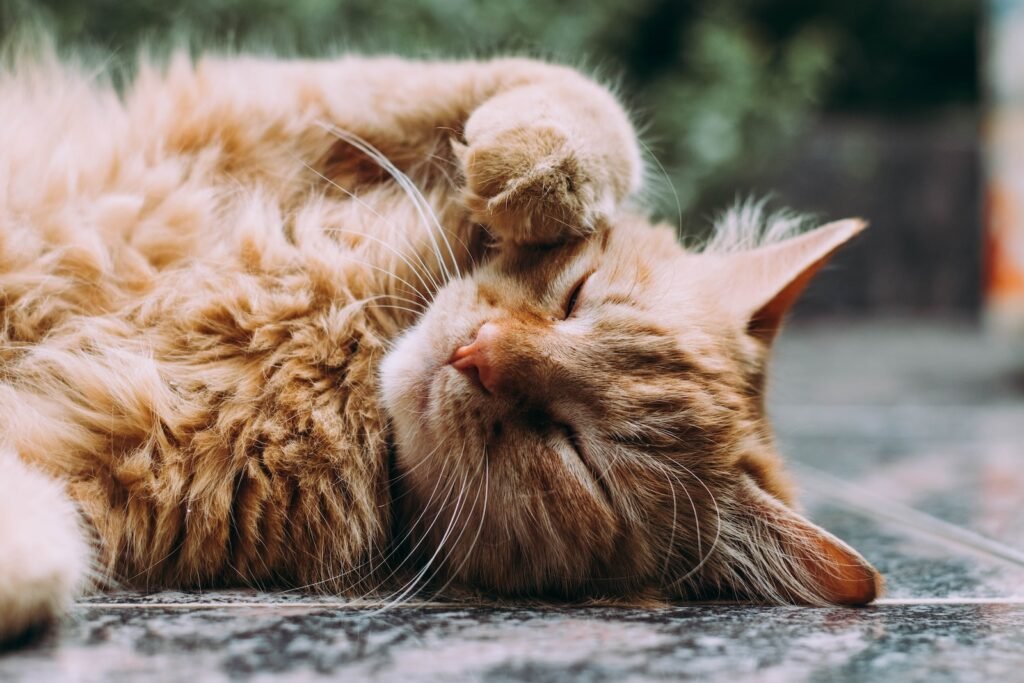
There are a few things you should avoid when feeding a cat a diet. The first is to not give them any processed foods. This includes anything that has been prepared in a microwave, such as food bags, canned foods or pet food products that have been in the fridge. These can contain ingredients that can be harmful to their health and could even cause health conditions such as pancreatitis or diabetes.
Secondly, make sure to give them fresh, high quality prey items like rodents or birds. This will help keep their bodies healthy and disease-free. If they’re not getting enough of these types of foods, try providing a small plush toy instead so they have something to hunt for.
Don’t overfeed your cat. If they’re eating more than what their body needs, it will lead to obesity and other health conditions in the future. Start by offering them one meal per day and gradually increase the amount as needed until they’re taking two meals per day.
What are the benefits of a specific diet for your cat?
There are many different diets out there designed specifically for cats with specific health conditions, like diabetes or obesity. In this article, we’ll discuss the benefits of three popular diets: the Hill’s Science Diet Veterinary Formulation for Cats, Purina ONE TrueCare Feline Grain Free Diet, andRoyal Canin Veterinary Diet Feline.
The first two diets mentioned are both grain-free formulas and they’re great alternatives if your cat has diabetes or is overweight. Both formulas are low in sugar and have plenty of healthy nutrients, including proteins and fiber. They also meet the dietary guidelines set by the Association of American Feed Control Officials (AAFCO), so they’re safe for cats.
The third diet, Royal Canin Veterinary Diet Feline, is a bit more expensive than the other two but it has a few additional benefits that make it worth your money. First of all, it’s high in protein and fat which helps to keep your cat’s muscles strong and healthy. Royal Canin also features flavors that most cats will love so you can be sure your kitty is getting the best possible diet.
Final thoughts on The Best Diets for Cats with Specific Health Conditions
There are many diets on the market designed specifically for cats with specific health conditions, such as diabetes, obesity, Feline Immunodeficiency Virus (FIV), renal failure and more. Ultimately, the best diet for any cat depends on their individual health condition and must be tailored to avoid causing further problems. If your cat has been diagnosed with a specific health condition, work with a veterinarian to create an individualized diet that will help them maintain their health.
Myths and Realities of Feeding Cats
There are a few myths and realities about feeding cats. For example, it is often assumed that cats need to eat meat in order to be healthy. However, this isn’t always true. Cats can and do thrive on plant-based diets, including those made of meat substitutes.
Conversely, it’s also commonly believed that ALL cats need is a dish of food sitting next to them at all times in order to be fed well. This isn’t really the case either – you should only give your cat a main dish once every two or three days, if that. Ultimately, the best diet for your cat depends on their specific health condition and what you feel is best for them.
Types of Diets for Cats
There are a variety of diets that can be used to treat cats with specific health conditions, such as obesity, diabetes, and allergies. Here are some of the most popular diets for cats:
A food pyramid is a good way to help guide your cat’s diet. Cats should have a majority of their calories from proteins and carbohydrates. Carbs should come from plant-based sources like fruits and vegetables, while protein comes from animal-based sources such as meat, poultry, fish, and eggs. The American Association of Feline Practitioners recommends feeding your cat 1 cup per day of high quality dry food.
Homemade Cat Food
A homemade diet for a cat is a great way to provide them with the proper nutrients and eliminates the risk of pollutants and harmful ingredients. While there are many choices when it comes to what make a good diet for cats, here are some foods that have been shown to be particularly healthy for felines with specific health conditions:
Apple Cider Vinegar: This vinegar is rich in acetic acid, which helps to support urinary health and digestive function. It can also help to fight against inflammation and infection.
Grain Free Cat Food: Many feline ailments can be helped by avoiding processed grain products. These foods can spike insulin levels in cats, which can lead to other health problems like obesity or diabetes. Try feeding your cat high quality meat based food supplemented with fresh vegetables and fruit instead.
International Bird Rescue Grain-Free Recipe: This recipe is perfect for cats who have issues with digesting grains or who have pancreatitis. It includes pumpkin, sweet potato, chicken, duck and salmon as top ingredients.
Conclusion
In this article, we will discuss three of the best diets for cats with specific health conditions. We will cover the benefits and drawbacks of each diet to help you make the best decision for your cat. If you have a cat that has any kind of chronic condition, be sure to read our article on how to feed your kitty a healthy diet.

